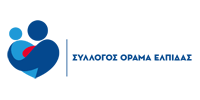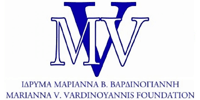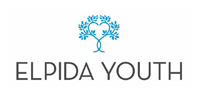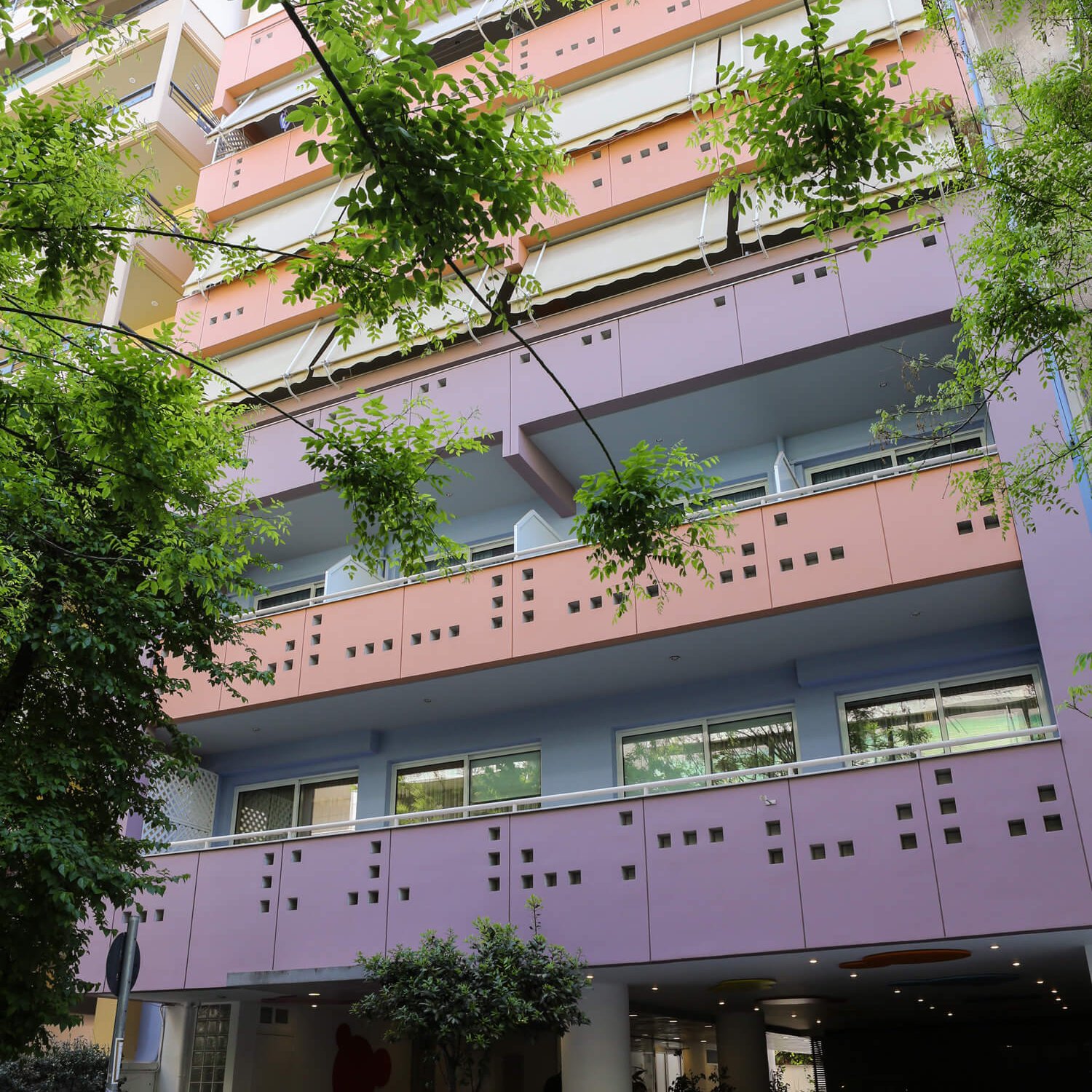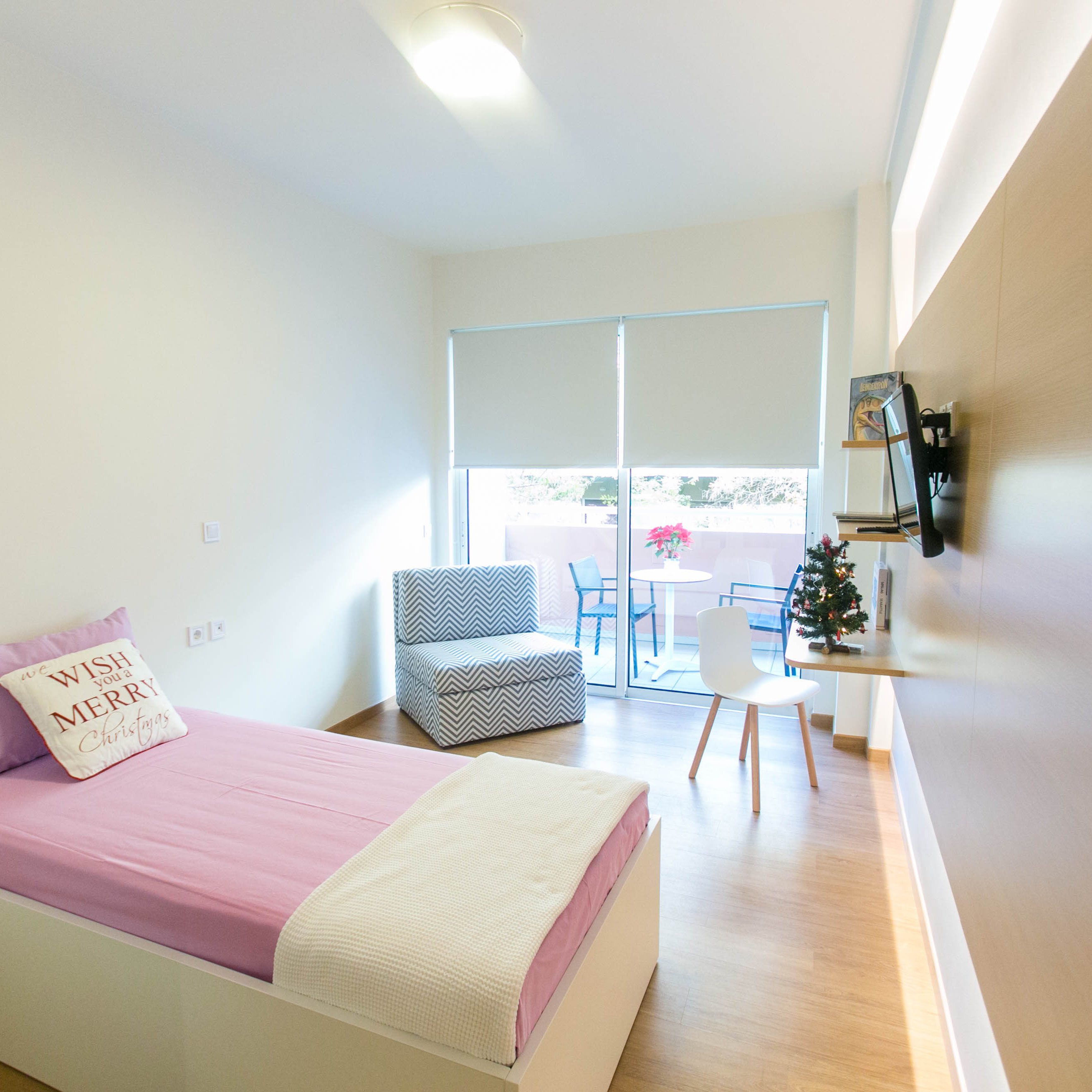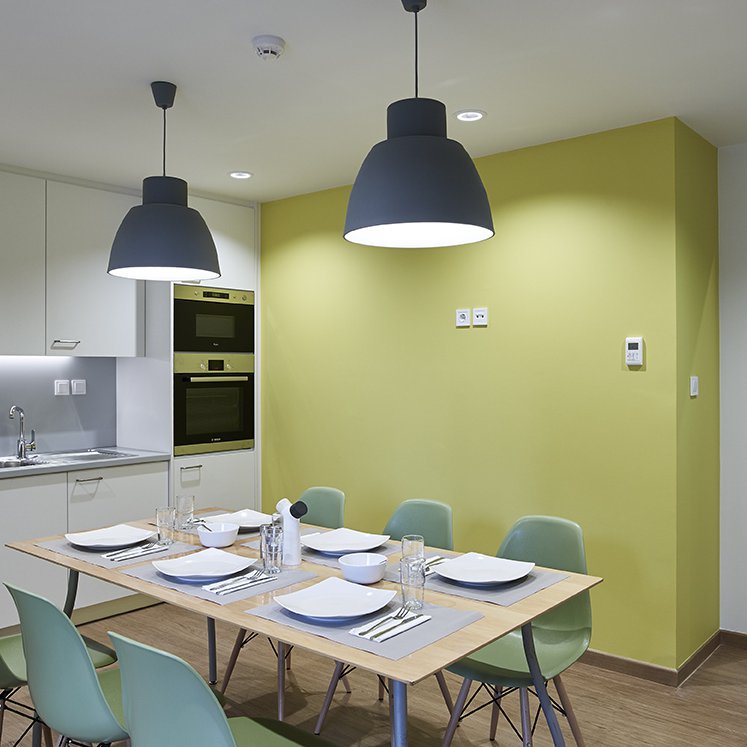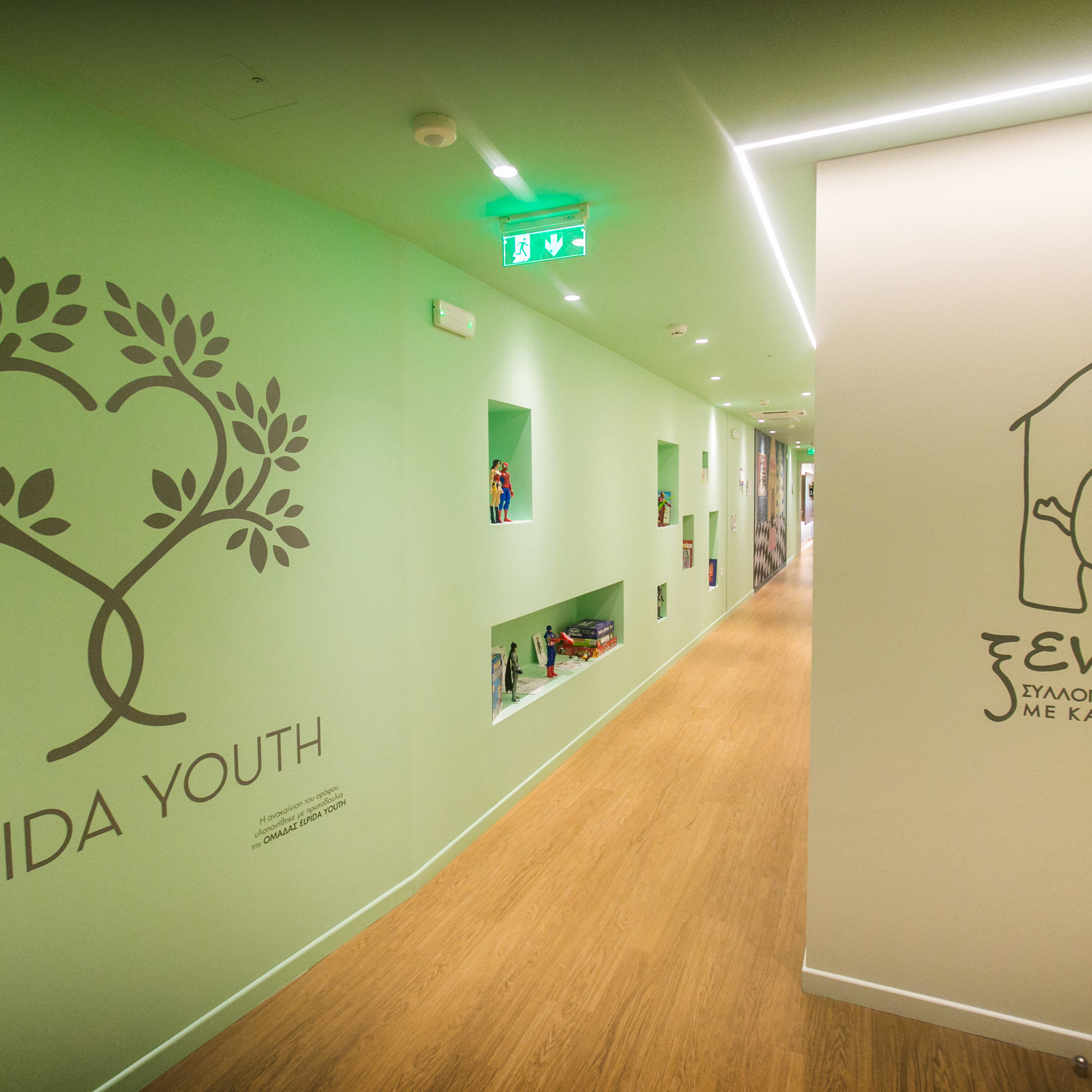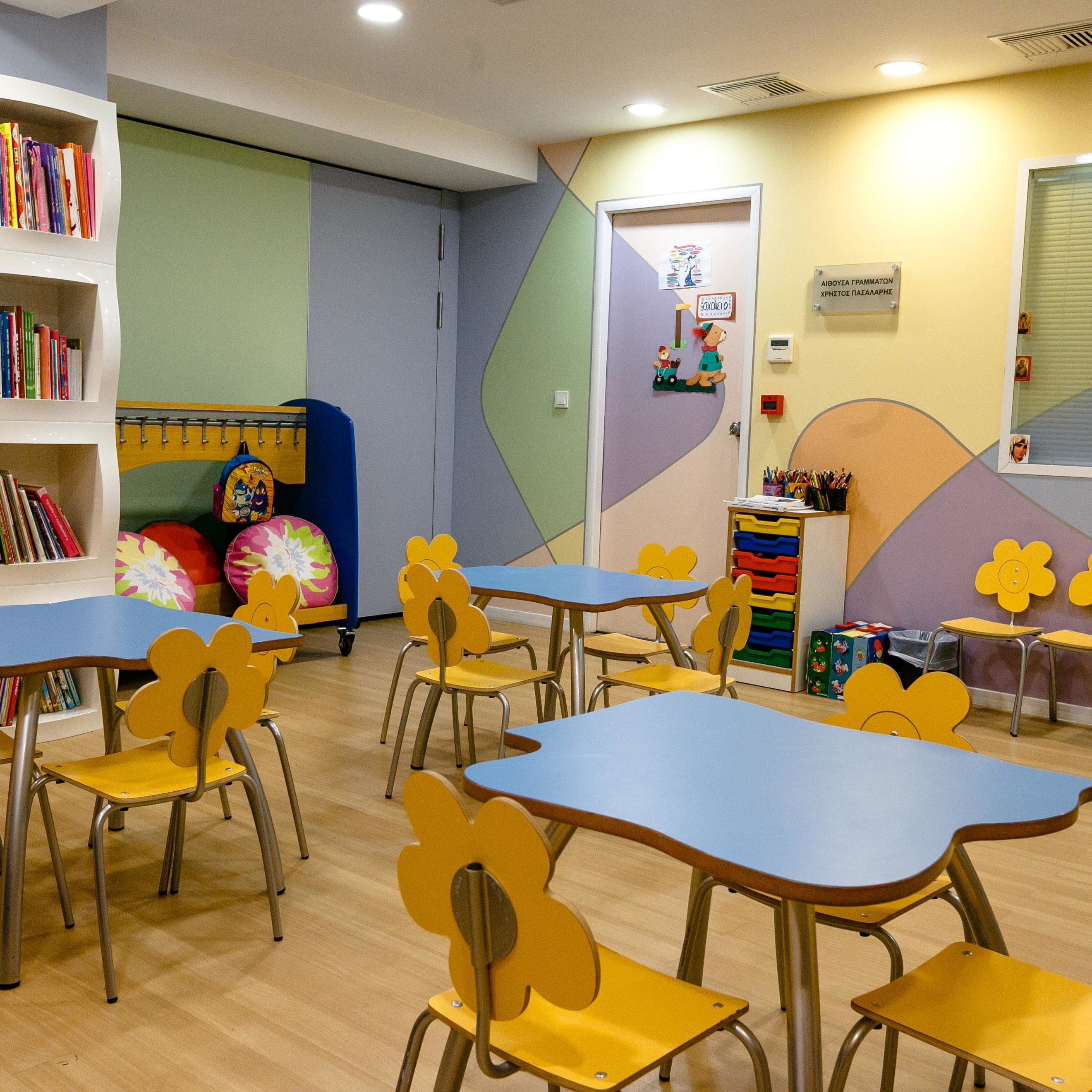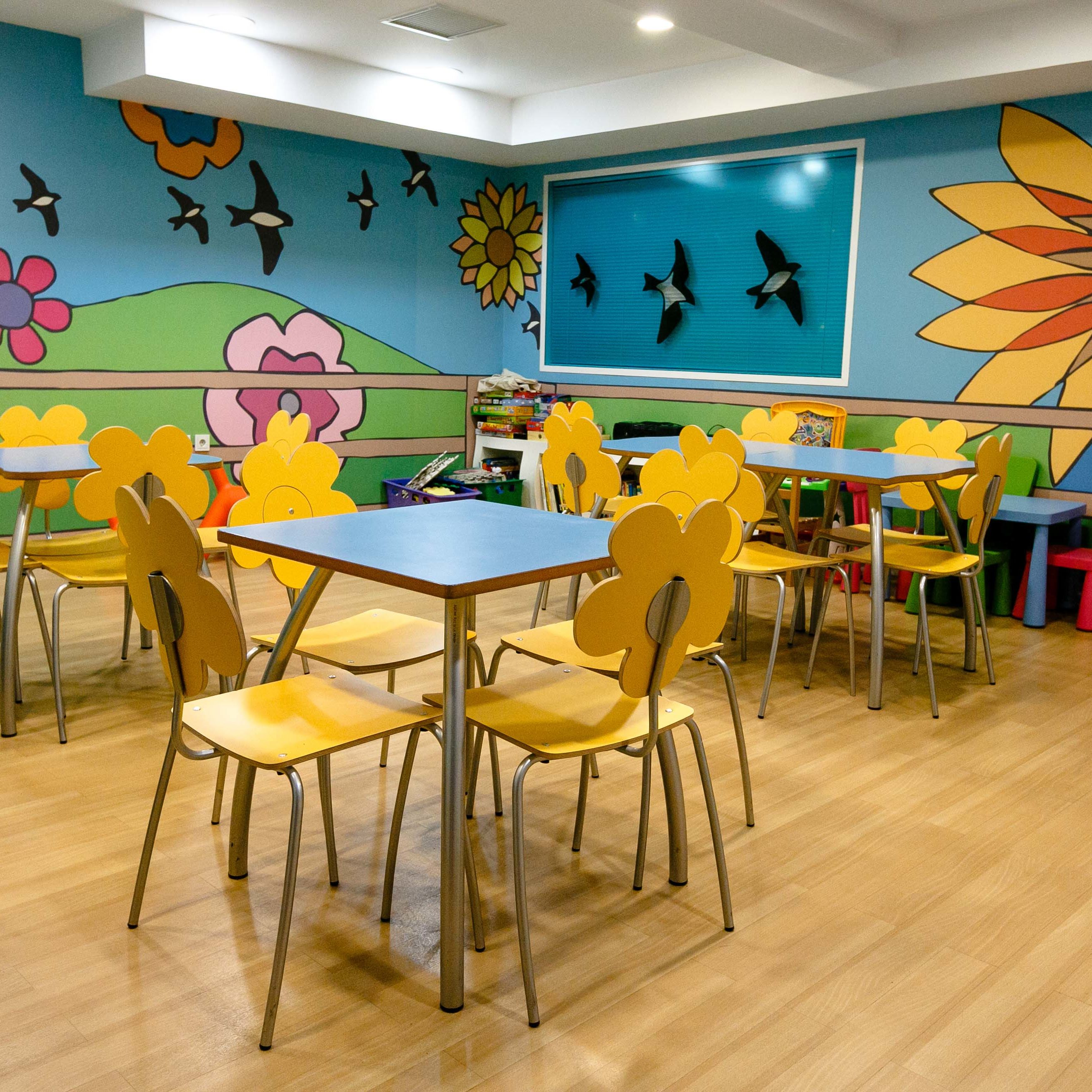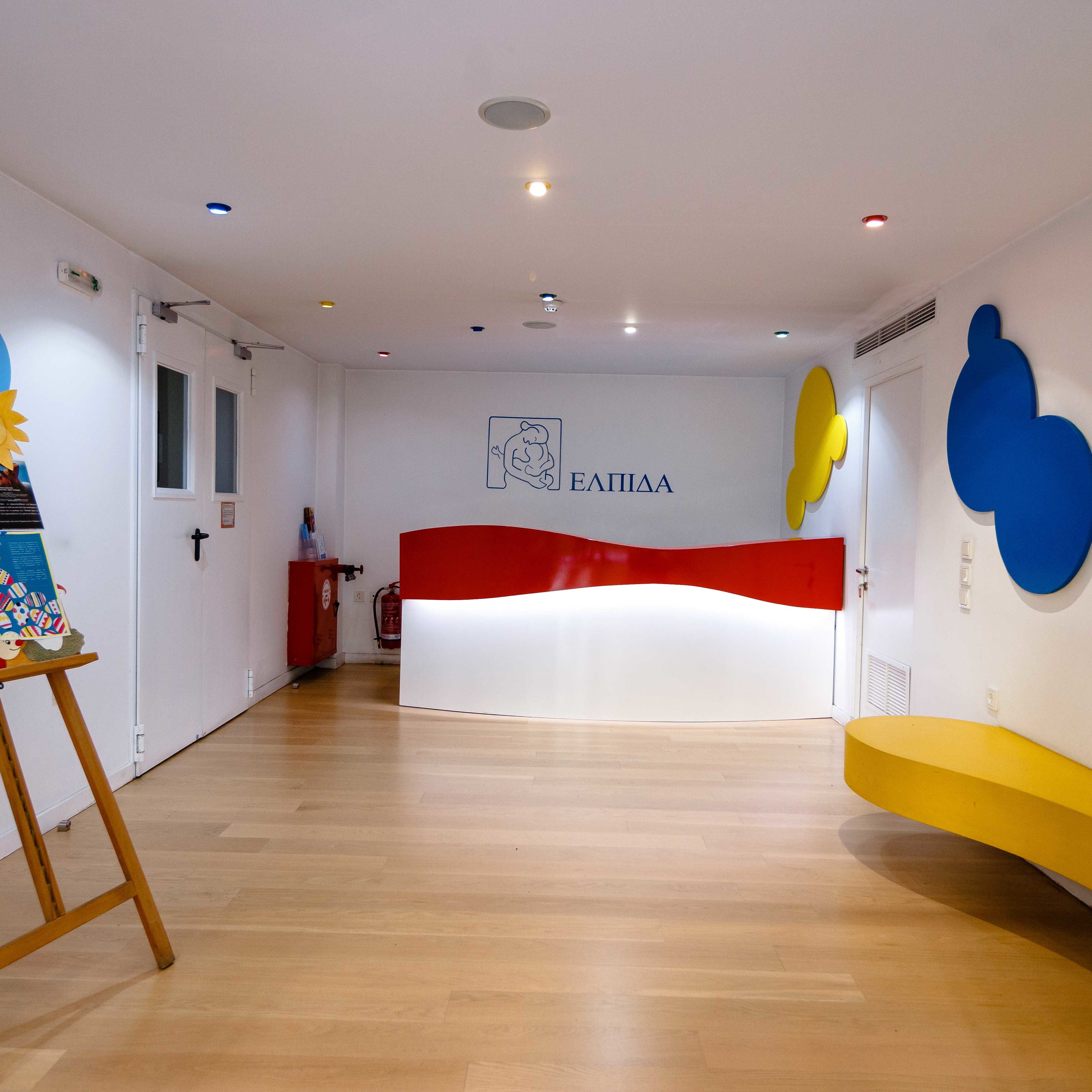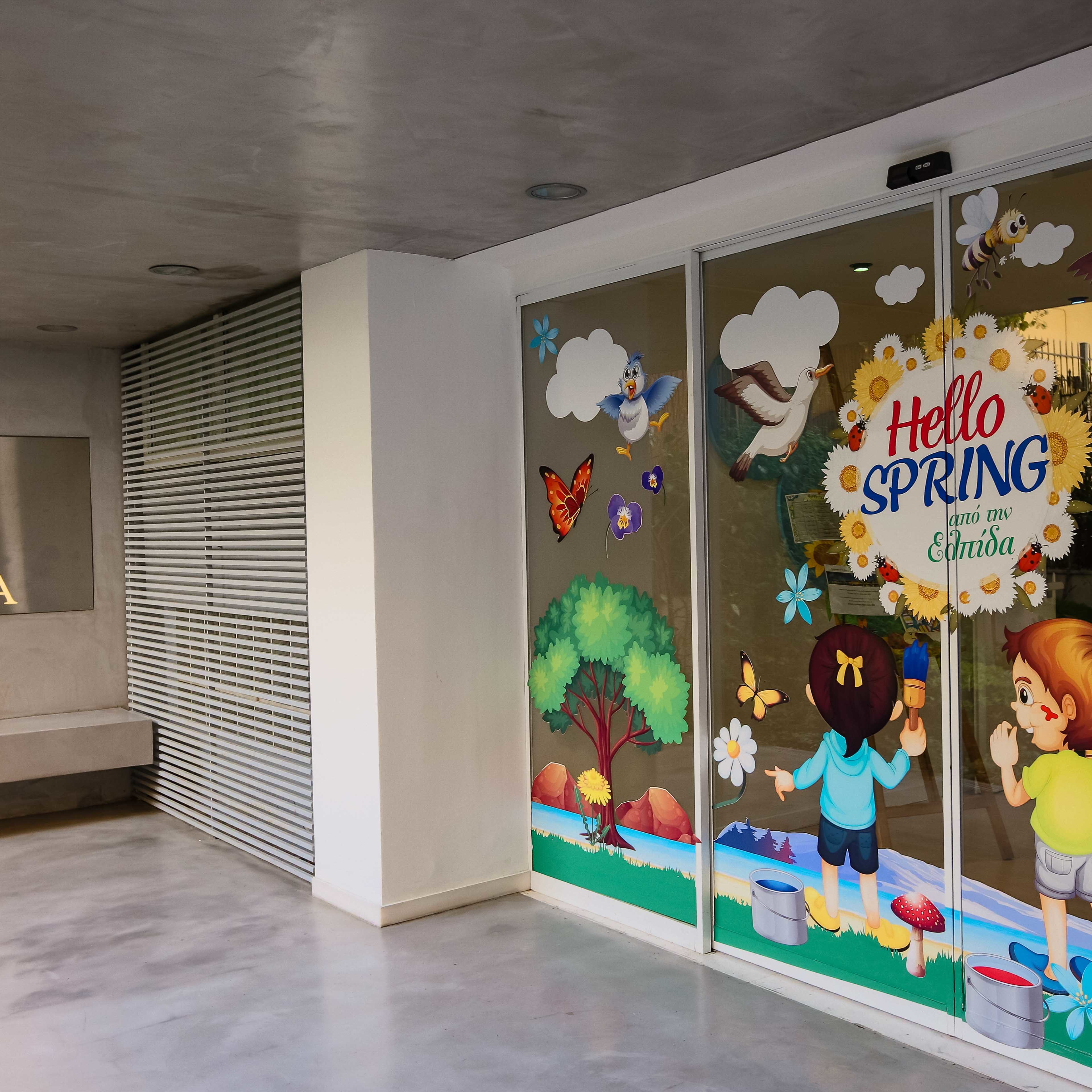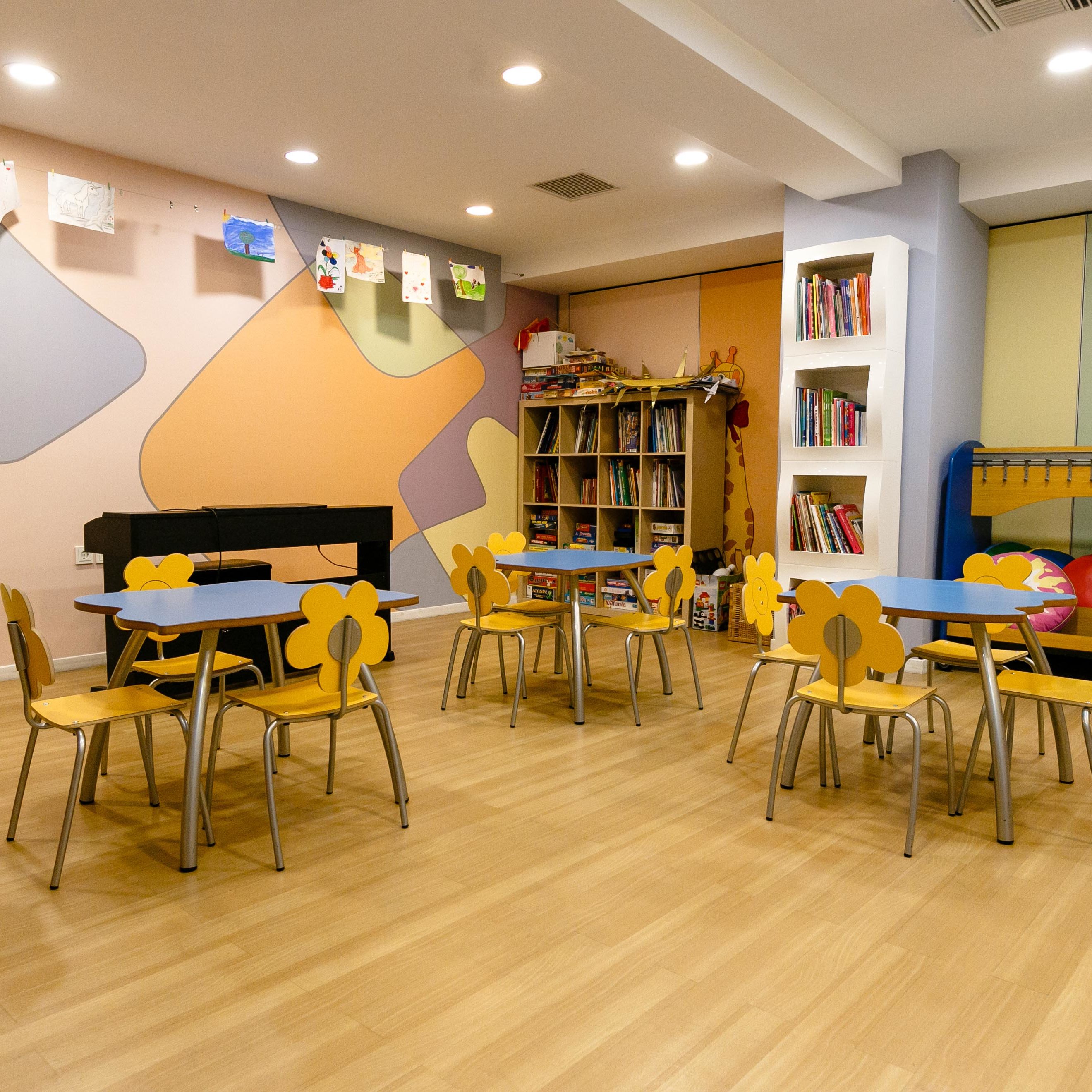A child’s right to participate in everyday life, in life itself, and the need to provide occupational and psychological support both for the child and its family, are our most important activities, in the effort that is being made to ensure the quality of life of the sick child and its family.
Through a series of programs that are already in progress we support the children and try to reactivate them, to make them regain their lost interest in life.
These activities are:
- back to school
- I celebrate and have fun
- I visit and learn
- creative activities
- financial support
- cooperation with other agencies
- psychological support groups
Back to school: The “back to school” program has been in operation from September 2000 to the present, in collaboration with the Ministry of Education, and is being implemented in the form of home schooling with 2 educators (nursery or primary school teachers as required) and with a program that is totally in line with the special needs of these children.
The goal is for them to recoup lost knowledge but mainly to preserve their contact with the teacher-educator. This relationship will give the child the confidence that it has a future and this will help it regain its self-respect and self-assurance. As of 2004, teachers assigned by the Ministry of Education (literature, mathematics) give booster courses, while volunteer teachers undertake other lessons as well as foreign language instruction. Already the first children who have stayed at the Guest House are today students (about 20 children) in Schools of Education, Art, Psychology, etc.)
I celebrate and I have fun: Life must go on as usual. Children must experience this adventure as a “life break” to be spent as pleasantly as possible. The major established holidays such as Christmas, Carnival, as well as name days and birthdays are celebrated in a special way, by inviting stars the children see on television and would like to have with them. So far a great number of stars, singers, actors, athletes have answered the children’s call with particular love and sensitivity and visited us and celebrated with us.
Artists, journalists, television personalities, athletes, etc. form a special category of people who responding to the requests of the children themselves spend many hours of their valuable time in the Guest House with them. They are the friends of the children of the Guest House. But other friends as well – people from the neighborhood who live by the families on a day to day basis and are close to them on their children’s name days and birthdays, offering them, over and above their love, various kinds of entertainment and basic essentials that make the life of the children better. But their contribution during the difficult moments the children live through is also important since with the same love they offer the them blood, platelets, facilitate their transportation, etc.
I visit and learn: Children and their parents have the opportunity to get to know new things through the alternative forms of information and entertainment that Athens offers.
Excursions are organized to places of particular educational, recreational and religious interest, such as archaeological sites, museums, etc.
Trips: Within the framework of the programs created by the Guest House to provide creative activities and psychosocial support to children and parents, trips lasting several days are organized to various parts of Greece.
The aim of the program is to give the family the opportunity to be united once again, to spend some carefree time together, to feel that they too are living a normal life and to gain courage on seeing that children who were hospitalized earlier are well and getting on with their life. At the same time we also provide an opportunity to siblings who for such a long period of time have been neglected because emphasis is given to the sick child, to join in.
The idea for the excursions began with the Messinia Prefecture Union of Hoteliers. It was later reinforced by families who stayed at the Guest House and so excursions to Cephalonia, Crete, Kyparissia, Corfu, Mytilene and Bari in Italy were organized.
The expenses for these excursions were covered by sponsorships from municipalities, prefectures, Unions of Hoteliers and Restaurateurs etc. usually as the result of initiatives by the parents of the regions who had received hospitality in the Guest House.
Creative activities: A team of volunteers (in collaboration with the Greek Red Cross) implement creative activities programs adapted to the interests of the children, mornings and afternoons, offering specialized knowledge as well as hours of carefree fun and entertainment. More specifically, the volunteers are active in dance, music, computer education, constructions, painting, theater games, puppet theater, English lessons and art therapy. In this way they make up for the lost hours of fun and games and bolster the children’s basic skills. The parents participate in handicrafts, pottery, batik and other groups discovering new talents and cultivating new interests.
Psychological support
A very important part of the activities of the Guest House which aims at quality of life is providing psychosocial to the children and the other members of each family staying at the ELPIDA Guest House. The family is backed by:
- support given to the individuals who escort the child staying in the Guest House (e.g. parents, grandparents, etc.),
- support for the children staying in the Guest House so that they may experience the illness and the treatment in a realistic and graspable manner, according to age and level of development,
- creation of a safe and defined framework where communication is encouraged through externalized and energized thoughts and emotions by parents and children.
- advice on issues such as relationships between family members, handling the change in the child’s everyday life (home, school, friends), relationships between the family members staying in the Guest House and those “left behind” (husband, siblings),
- encouraging the child and its escort to lead an active and social life within the framework of the Guest House (volunteer programs),
- creating relationships and bonding with other families staying in the Guest House,
- preparing the child and its escorts for the return home and its assimilation in the school environment.
Psychological support covers the following areas:
- Frequent contact and interviews with almost all the families and discussions on the problems they face.
- Individual support to families facing significant problems (with their partner, with the rest of the family, with their other children, etc.)
- Group support with meetings for discussion and venting with the Guest House’s social worker and a volunteer psychologist in an effort to defuse and resolve their impasses.
- Adolescent group. The Social Services department is particularly sensitive and pays special attention to teenagers who constitute a de facto difficult group. Through organized outings (very often with the presence of some popular artist or athlete) to the movies, amusement parks, parks, etc. teenagers are given the opportunity to have fun and retain the characteristics of their age, of which they have been so largely and abruptly deprived.
- Visits to medical centers and hospitals where the children undergo treatment to maintain contact and psychological support.
Catering to the particularly developed religious sentiment of the families is also an important sector. For this reason there is always a member of the clergy available for discussion or to hold religious ceremonies (extreme unction, benedictions, invocations).
